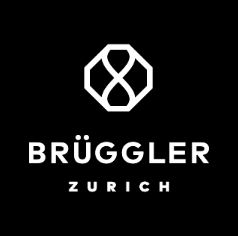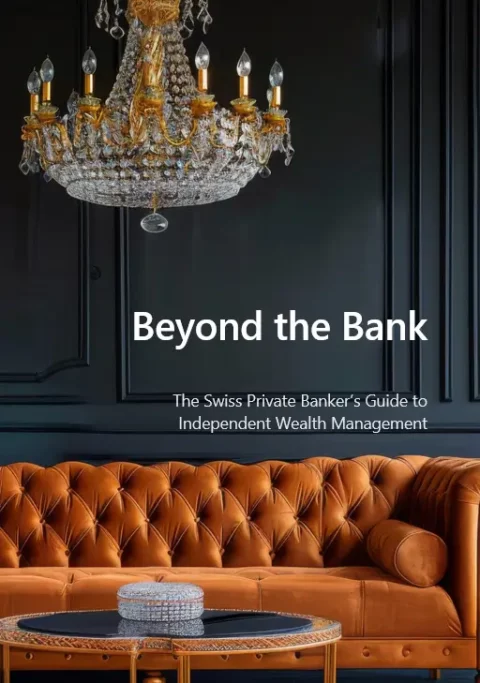Many bankers view the move from private banking to independent wealth management as the ultimate career upgrade. This transition promises more freedom: fewer internal meetings, less politics and far greater control over clients, schedules and long-term strategy. At first, this freedom feels energising, especially for those who grew tired of corporate cultures or rigid hierarchies. However, as soon as the early excitement fades, a tougher truth appears: without discipline, freedom rapidly turns into disorder.
If you have spent years inside a bank, you benefit from systems you may not even notice anymore. Daily structures, KPIs and reporting lines create built-in momentum. They push you forward even on days when motivation is low. Once you step into the independent model, that momentum vanishes overnight. Suddenly, you must define your own priorities, create your own structure and maintain your own growth rhythm.
This challenge becomes even more visible when you look at the broader industry transformation. Technology is reshaping how advisers work (WealthTech & AI), UHNWIs expect more personalised attention (UHNWI expectations), and competition intensifies across markets (Private Banking vs. Wealth Management). Independence gives you the agility to adapt—yet only discipline turns adaptation into consistent performance.
Without a manager overseeing your calendar, you must create your own rhythm. Without KPIs, you must define what success looks like. And without built-in career scaffolding, you must build habits that protect your long-term trajectory. Otherwise, freedom becomes a trap: missed follow-ups, weaker client engagement and shrinking pipelines.
High-performing independents understand this early. They set fixed working hours, define weekly acquisition targets and schedule regular client conversations. These routines are not constraints; they are catalysts. Consistency turns independence into an engine for sustainable growth—just as thought leadership and visibility help build credibility (Brand Awareness), and market insight helps sharpen positioning (US vs Switzerland Wealth Management). Strategic self-management also strengthens decision-making in volatile environments (Risk Boxes & Emerging Markets).
The Real Advantage of Independence
Freedom alone does not create value. Discipline transforms that freedom into trust, flexibility and sustainable success. When both work together, independents enjoy the true benefits of the model: deep client relationships, greater autonomy, and long-term stability.
👉 How do you balance freedom and structure in your professional life?
Source: LinkedIn




